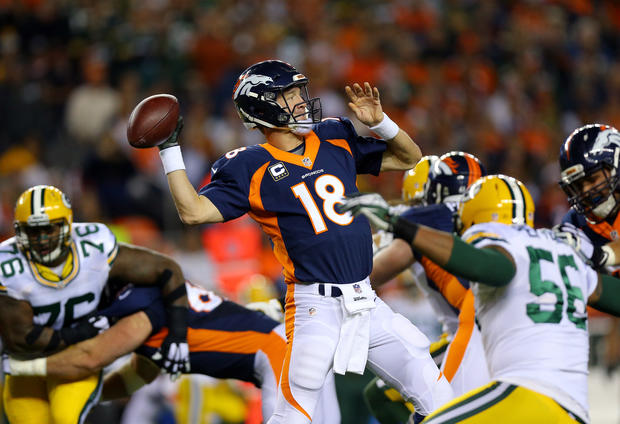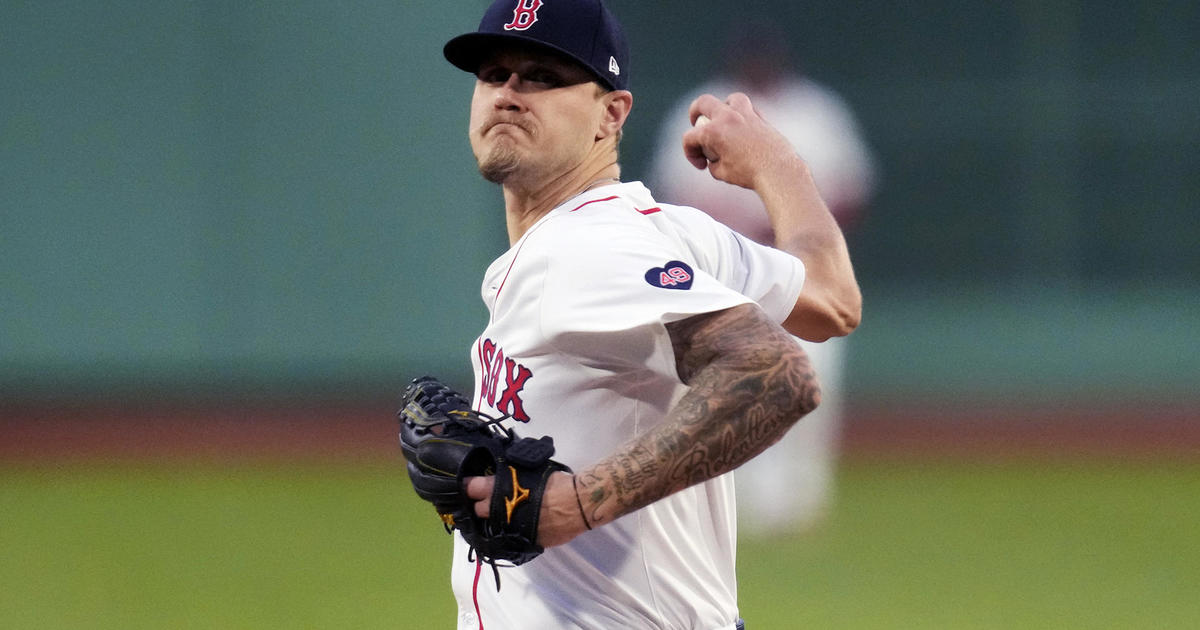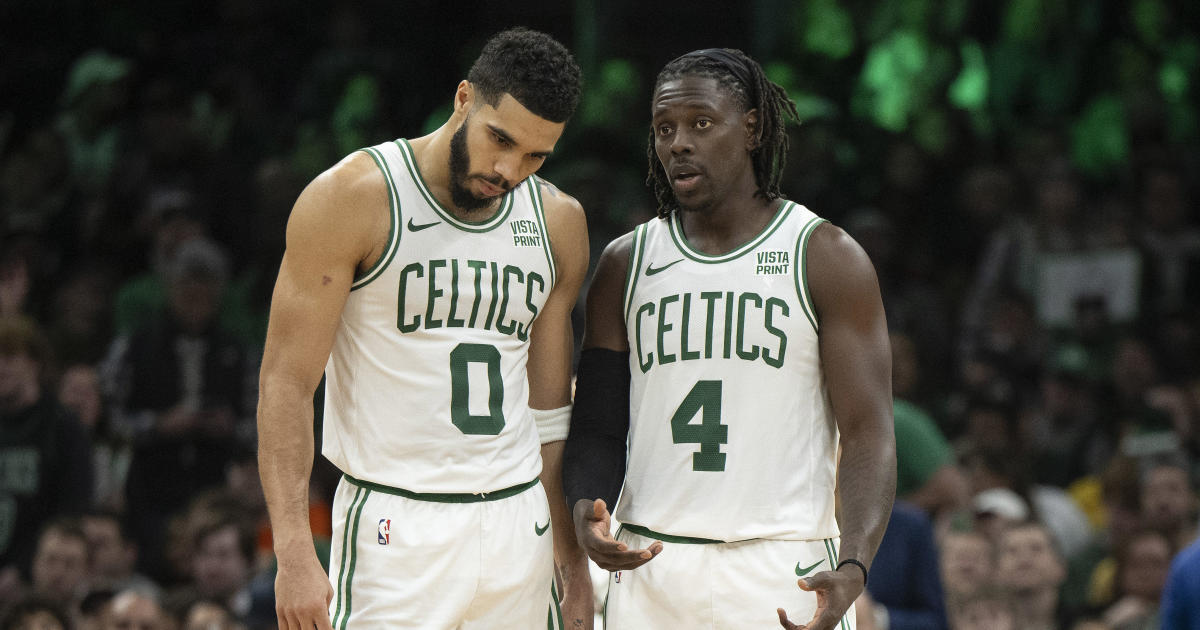The Struggle Is Real: Peyton Manning Declines Sharply When Playing Consecutive Weeks
By Matt Dolloff, CBS Boston
BOSTON (CBS) -- Brady - Manning XVII brings no shortage of storylines. One of the ancillary narratives permeating this (final?) battle between the two legends is that both Tom Brady and Peyton Manning look to reverse a disturbing trend.
For Brady, he needs to prove he can win on the road in Denver; his 2-6 record at Mile High, while a tad overrated, is a rare blemish that spans his Hall-of-Fame career. For Manning, the trend comes only from this season: he needs to prove he can play well in consecutive games without physically declining.
While Manning remains arguably the smartest quarterback in the league who calls plays at the line of scrimmage as well as ever, and he has minimized his mistakes in recent weeks, his numbers when playing games in consecutive weeks have shown a clear physical decline.
Manning's first game played this season with a week or less of rest, in Week 2 at the Kansas City Chiefs on Thursday Night Football, did not start well. After punting three times and turning the ball over on downs in their first four possessions, the Broncos went down 14-0 after Manning threw a sickly-looking floater that Marcus Peters took to the house for an easy pick-six.
However, that was while attempting to run Gary Kubiak's offense, which with Manning under center is a classic square peg/round hole situation. Manning went no-huddle in the shotgun on the next drive and was 5-of-8 passing for 61 yards, topping it off with a touchdown to Emmanuel Sanders to cut the deficit to 14-7. Manning repeated that success with a game-tying drive at the end of the 4th quarter; he was only 5-of-11 on the drive but finished with another touchdown pass to Sanders.
As far as consecutive games with a week or less in-between, this was Manning's high point. On 10 days of rest in Week 3, he played reasonably well against the Detroit Lions with a 101.7 passer rating. But from Weeks 3-6, Manning's passer rating, completion percentage, and air yards per attempt declined in four straight games. Those numbers don't tell the whole story, but they strongly indicate gradual physical deterioration.
Manning then had his bye week and came out blazing in the next game against the Green Bay Packers, having arguably his best game of the season with that extra week of rest. But from that 29-10 win to the next week against the Indianapolis Colts, Manning's completion percentage plummeted from 72.4 percent to 58.3. His passer rating plunged from 96.9 to 78.6. And his air yards per attempt almost cut in half, slipping from 10.17 to 6.42. Worst of all, he threw two interceptions, one of which was a back-breaker on the last time he touched the ball in the game, which the Broncos lost 27-24.
The week after the loss at the Colts was when the struggles finally caught up to him in a major way. Just 5-of-20 passing with 30 yards and 4 interceptions at home against the Kansas City Chiefs, Manning got benched for performance reasons for one of the first times in his career.
Seven weeks later was supposed to be Manning's triumphant return, and it sort of was: Manning came in to replace the struggling Brock Osweiler against the San Diego Chargers and sparked the offense to a comeback win, despite most of the production coming on the ground. He came off another bye in the AFC Divisional round against the Steelers in Denver and wasn't impressive throwing the ball, but he didn't turn the ball over and capitalized on the Broncos' late scoring chances.
What can you expect from Manning's first back-to-back games since Week 8? The recent history shows that there should be some decline in his ability to throw the ball downfield, and Bill Belichick is sure to force him to do it to get to the end zone. Manning may not be terribly fearsome as a passer anymore, but he still has one of the great football minds of all time and could escape the game without making bad mistakes. But, considering his current abilities and recent history in consecutive games, that kind of game is the best-case scenario for the Broncos.
Manning isn't getting any younger or stronger between now and Sunday, no matter what the Guyer Institute may or may not be putting in his body. If Manning has a big game throwing the ball on Sunday, if his passes look sharp, he will have reversed a troubling trend that's directly tied to his age and physical abilities. Don't count on it.
Matt Dolloff is a writer for CBSBostonSports.com. His opinions do not necessarily reflect that of CBS or 98.5 The Sports Hub. Follow him on Twitter @mattdolloff and email him at mdolloff@985thesportshub.com.




